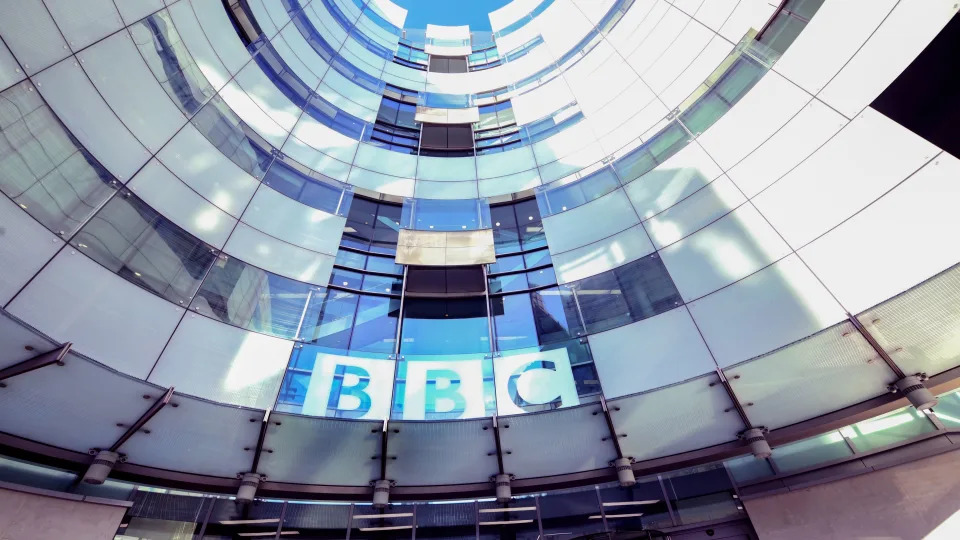August Graham, PA Business Reporter
Mon, 30 January 2023

The BBC’s economics reporting does not lean conclusively towards the left or right politically, but can be influenced by groupthink and hype and be led too strongly by the Westminster narrative, a new report has said.
An analysis of the corporation’s coverage, which its authors said also largely applies to the rest of the UK media, found that “too many journalists lack understanding of basic economics or lack confidence reporting it”.
It highlighted public debt as one of the areas most affected by this.
It revealed that the BBC’s economic coverage at times shows bias towards both the left and the right, making “a charge of systematic political bias in this area hard to sustain”.
The review said “the main issue is lack of impartiality caused by uninformed groupthink and lack of confidence to challenge arguments, often given an extra twist by hype”.
It said that some journalists “feel instinctively” that debt is bad, and do not realise that this is a contestable position.
And it questioned the influence of politics on the corporation’s reporting, with what is said in Westminster often meaning that economic issues are reported on by political journalists.
“‘The Westminster frame on things is the elephant in the room here,’ said one senior journalist, who argued that the political angle of the day often determines coverage whether the specialist judges it significant or not,” the report said.
One person outside the BBC told the authors that political editors are asked to understand economics, trade, law, and political negotiations as well as the ins and outs of daily politics, “and nobody can do that”.
Reporting often also “subcontract(s) judgment” to “a few established names” like the Bank of England, the Office for Budget Responsibility, the Institute for Fiscal Studies and the Resolution Foundation, the report said.
It added: “On fiscal policy, as with other policies, BBC journalists should beware saying or implying that a government ‘must’ raise taxes, cut debt, cut spending, raise spending, etc – in any area.
“These are choices. To imply a ‘must’ might sound to the journalist like a statement of economic necessity, but it’s often to side with one political choice over others.
“This is not impartial. Governments often claim their choices are acts of necessity; this does not make them so.”
The report was written by Michael Blastland and Sir Andrew Dilnot, who created BBC Radio 4’s More Or Less programme, and touched on many aspects of the BBC’s economics reporting.
It warned against headlines which say a measure of the economy has reached the highest or lowest on record when the records sometimes only go back 20 years or less.
It also argued for the BBC to be clearer about uncertainty in economics, and trade-offs between different types of public spending.
It highlighted that the corporation can sometimes seem to suggest that spending by the Government is good and that tax cuts are also good.
“Several general assumptions seem to lurk like this, either unnoticed or uncorrected,” the report found.
“Others that outsiders observed in BBC coverage were ‘more public spending is good’ and ‘tax cuts are good’.
“Whilst these views might seem to make intuitive sense, all favour some interests above others.”
The wide-ranging review also asked why so much coverage of tax puts more focus on income tax than VAT, when in many areas of the country people pay more VAT than they pay income tax.
It also questioned why spending on railways appears to be more favoured in coverage than spending on buses, which is the only transport option for many, especially those on lower incomes.
In response, the BBC board said: “We note that the reviewers found widespread appreciation for BBC coverage of tax, public spending, debt and borrowing, and they conclude that they did not find evidence of political bias in this output.
“However, they also concluded that significant interests and perspectives in these areas could be better served by BBC output and the review as a whole provides clear indications for how we can improve editorial standards and audience impact as a result.”

No comments:
Post a Comment